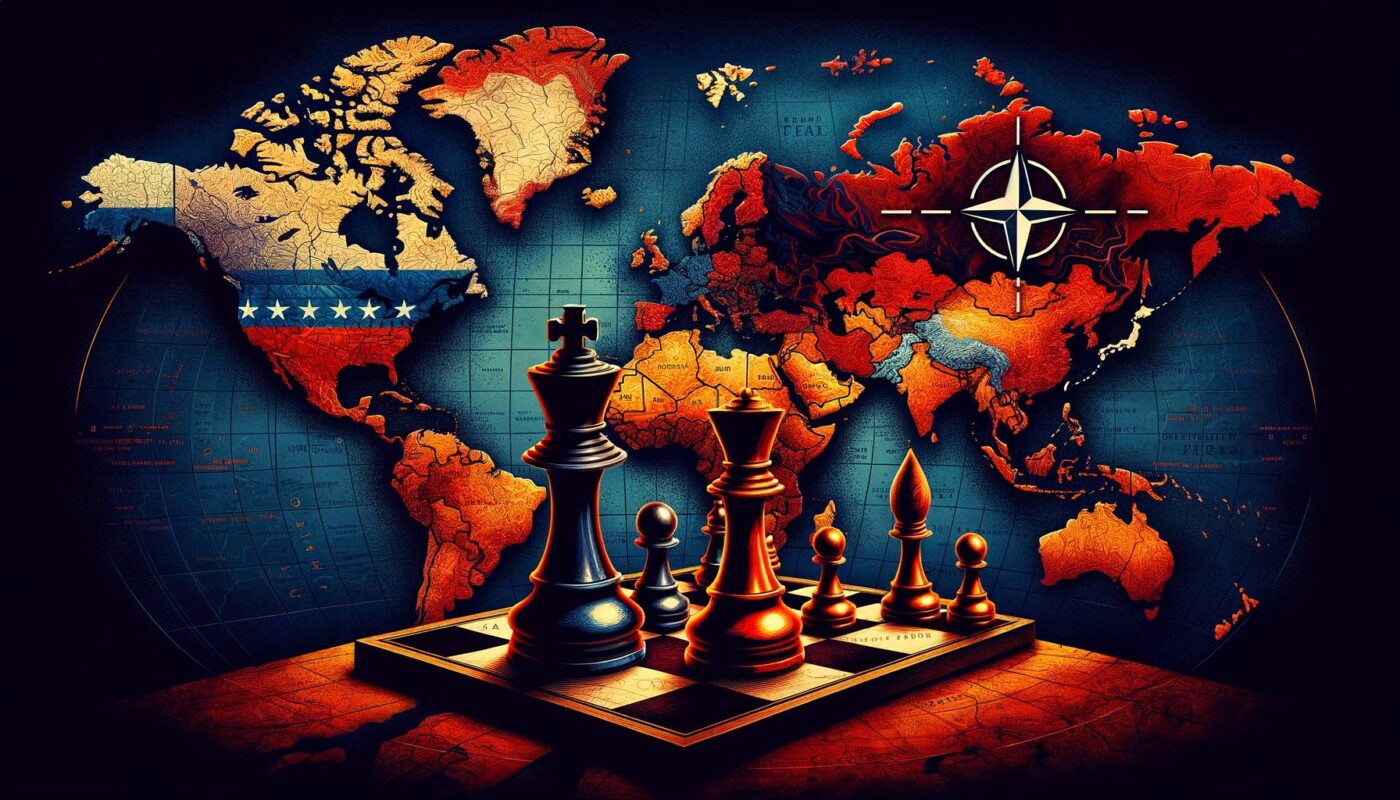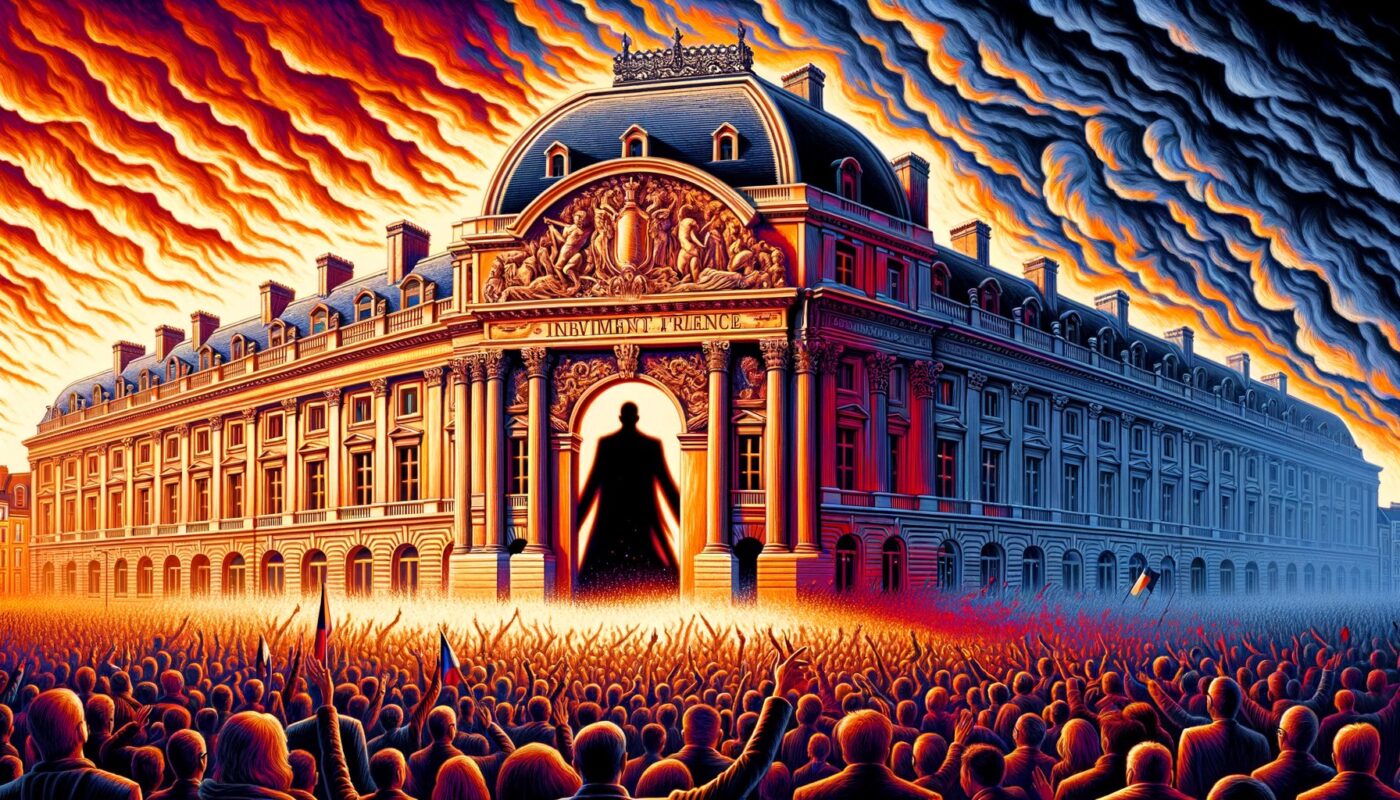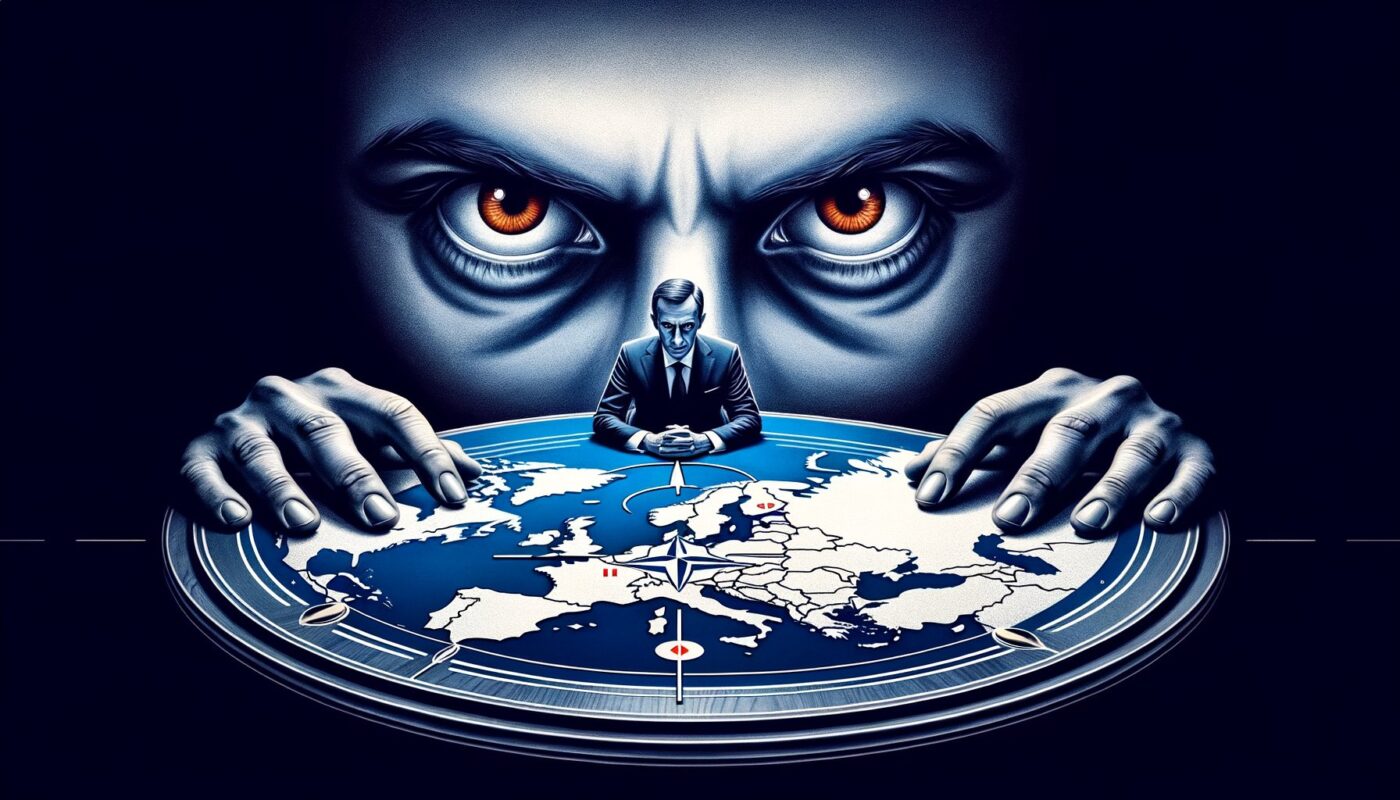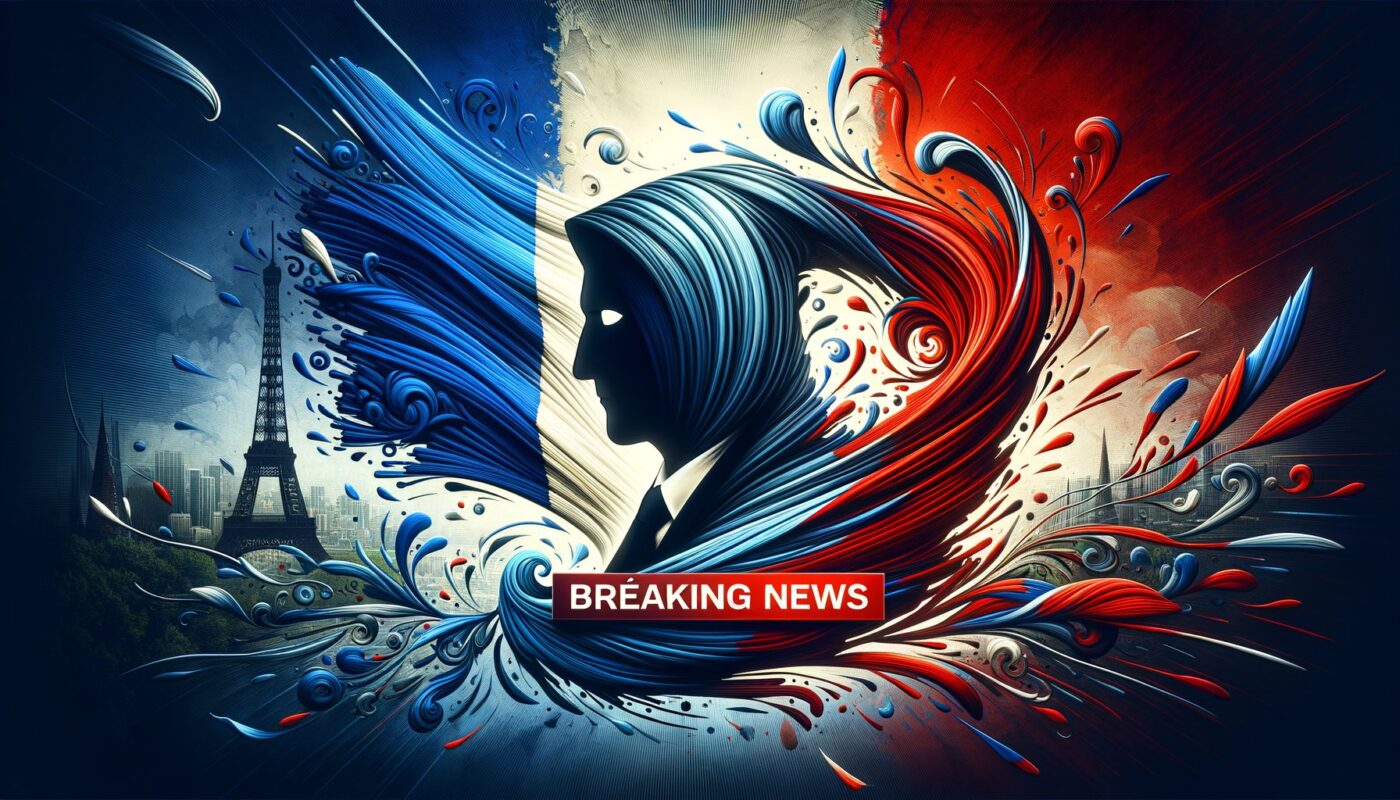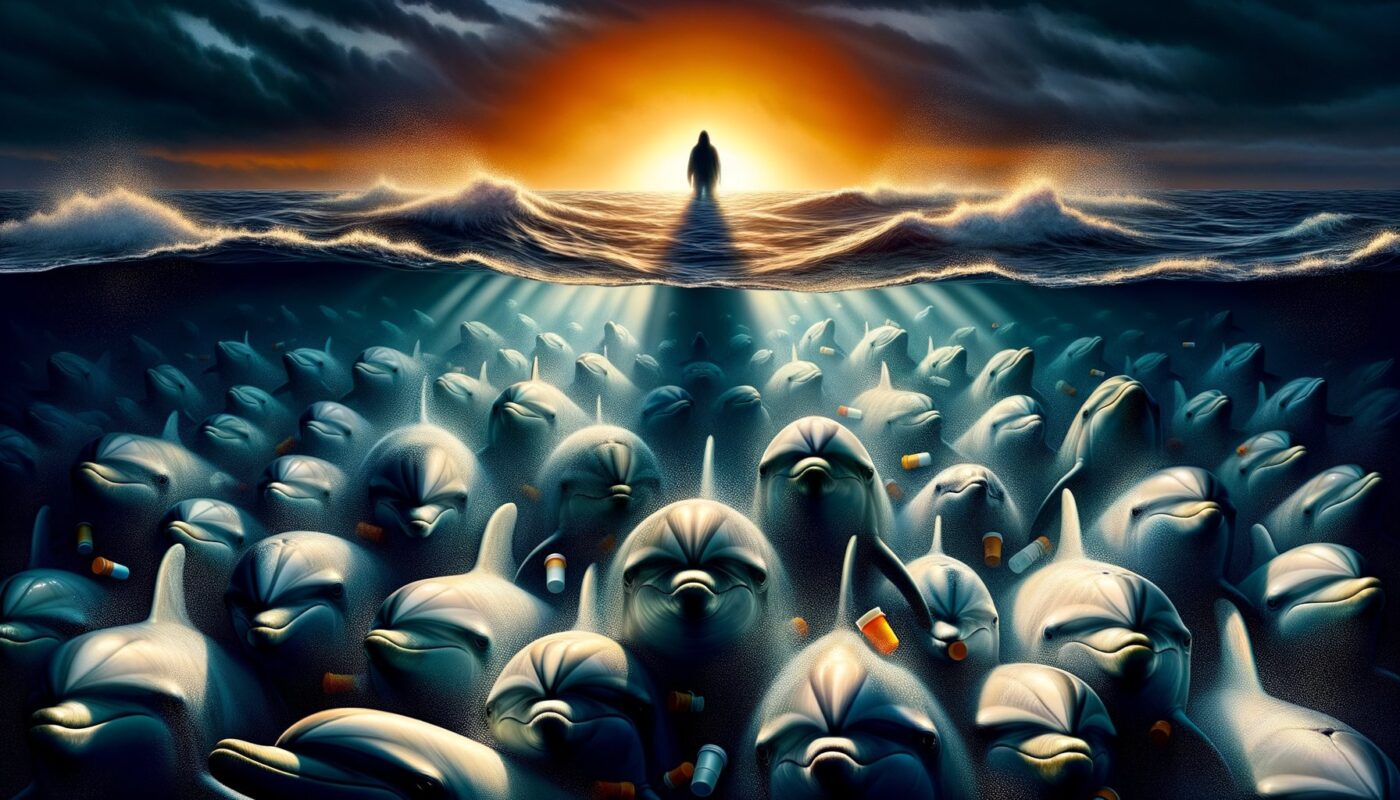In a striking address last Thursday, NATO Secretary-General Mark Rutte highlighted the *growing threat* posed by Russian President Vladimir Putin, emphasizing that Putin envisions a prolonged confrontation with Europe. As the conflict in Ukraine continues, Rutte’s warning serves as a call to action for European nations to bolster their defenses and prepare for potential escalations beyond Ukraine.
The State of Affairs: Putin’s Ambitions and NATO’s Response
During a meeting at the Carnegie Europe think-tank in Brussels, Mark Rutte articulated concerns over Russia’s recent military activities. Citing Putin’s alleged aim to “wipe Ukraine off the map”, Rutte suggested that Europe itself could be next on Russia’s agenda. This potential threat underscores the necessity for Europe to adopt a “wartime mindset” and intensify defense expenditures.
Adding context to the gravity of the situation, Rutte referenced Russia’s long history of aggression towards its neighbors, including the annexation of Crimea in 2014 and the invasion of Georgia in 2008. Such actions reflect Russia’s broader strategy, as confirmed by recent attacks and cyber warfare attempts against NATO countries, which illustrate a coordinated effort to destabilize European societies.
Europe’s Defense Spending: Urgency to Ramp Up
In response to these threats, Rutte urged European governments to increase defense spending significantly. Currently, 23 NATO allies are expected to meet defense spending targets, putting 2% of their GDP into military budgets. However, Rutte asserted, “we are going to need a lot more than 2%.” The emphasis on increased funding comes amid concerns over Russia’s defense budget, which could reach as much as 8% of its GDP in the coming year.
Moreover, Rutte called for substantial investments in the defense industry, particularly in areas such as drones and other new war tactics. He highlighted the need for long-term contracts to enable defense manufacturers to produce more efficient and capable defensive technologies rapidly.
Strategic Alliances and Global Implications
Analyzing the geopolitical landscape, Rutte pointed out that Russia is not acting alone. The support from allies like China, Iran, and North Korea provides Putin with a robust backing, further complicating the dynamics. This coalition’s influence poses additional challenges to NATO’s efforts in stabilizing the region and highlights the necessity of a united and well-equipped European defense force.
Rutte stressed that a poorly negotiated peace deal with Russia would embolden Putin and have widespread implications beyond Europe and Ukraine, affecting global stability and security. The mention of peace talks underscores the complexity of the conflict and the critical role of Ukraine’s involvement in any diplomatic solution.
A Call to Action for Europe
Rutte’s candid statements emphasize a pressing need for Europe to not only maintain but amplify its defensive posture. With heightened readiness of NATO troops and a strategic approach to financing military capabilities, the alliance aims to deter any future aggressions effectively.
This sentiment aligns with previous discussions, where NATO chiefs have urged for solidarity and continued support to Ukraine, as detailed in prior reports like the analysis of the NATO chief’s urgent warning over Putin’s long-term plans.
In conclusion, Mark Rutte’s address serves as a crucial reminder of the imminent challenges facing Europe. As the region grapples with these evolving threats, the drive for increased spending and strategic partnerships stands paramount in ensuring a secure and stable future. With the world’s eyes on the developments in Ukraine, Europe must stand ready to defend not only its sovereignty but the broader principles of freedom and democracy.
Warning : This information is indicative and without guarantee of accuracy. Consult a professional before making any decision.

